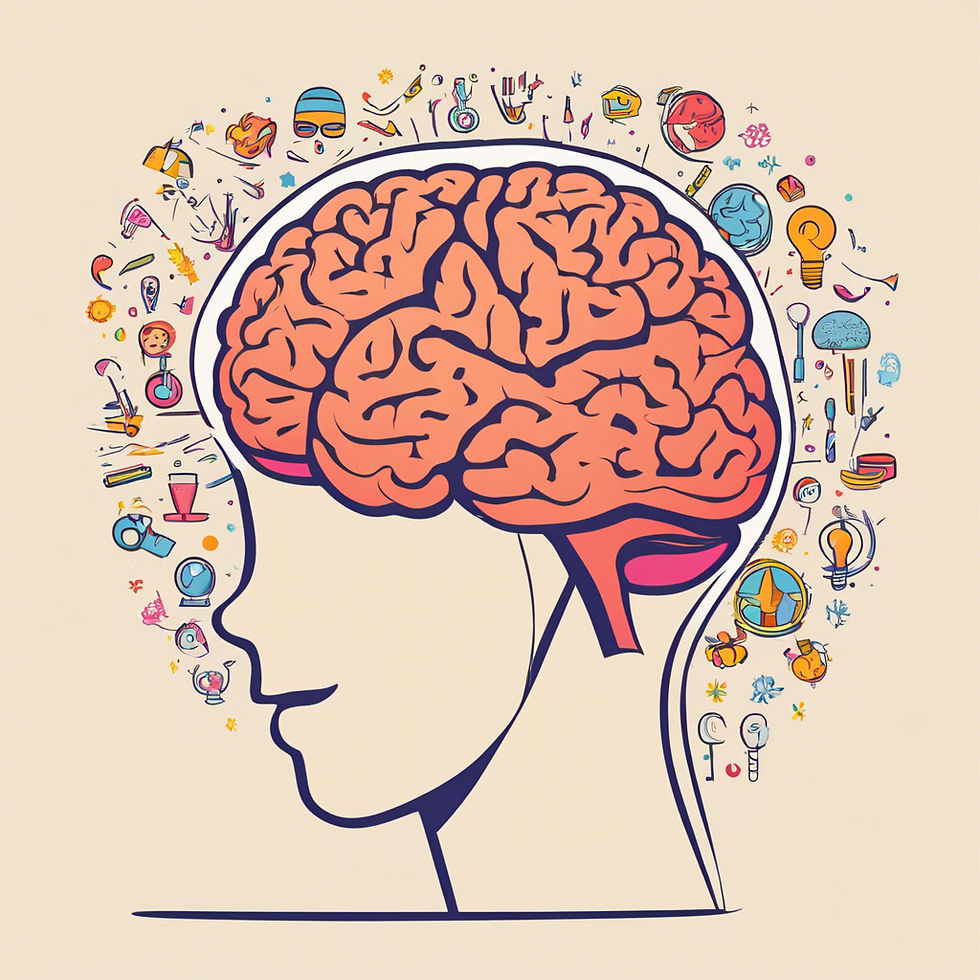The Impact Social Media Has on Teenage Mental Health
- Erica Cornelius
- Feb 27, 2023
- 3 min read
Updated: Nov 14, 2023

Do you even recall a time before social media existed? Your teen does not! Social media has been around for over two decades now. Facebook, for example, made its debut in 2004. At least one of the main platforms your teen uses has been around for most, if not all, of their life. It was created with good intentions to bring people closer together and connect you in a previously impossible way.
Over recent years, however, it has become a whole new machine making everything available at the tip of your fingertips—information, content, music, videos, and endless entertainment. While it is a great tool, there can be negative consequences to everyone, but especially teens, to this kind of full-on exposure.
Anxiety
Social interaction with peers is among the most influential factors in a child’s growth and development. This impacts future areas, including career status, relationships, physical health, and emotional development.
However, there are better and healthier means of interacting than social media. Relationships are built through emotional connection, trust, support, and talking. Over social media, much of that is altered. Things like eye contact, tone of voice, and the give-and-take of verbal exchanges aren’t utilized.
When thrown into a true social setting, your child may not know how to communicate and build relationships, thus causing anxiety. Even interactions in classrooms can evoke anxious feelings.
Body Image Issues
The average age for creating social media accounts is between twelve and thirteen years old. This is a significant time for body image due to puberty and transitioning from a child to a teenager to a young adult. With social media, everything becomes a comparison culture, and you need to keep up with the Kardashians, or you’re not “cool.” Many teens don’t understand that so much of social media is fabricated and photoshopped.
Not looking like the perfect images seen on the influencer pages can lead to an unhealthy body image and potentially more severe consequences like eating disorders. Constantly comparing themselves to friends and other public figures can create a negative outlook and a vicious cycle.
Depression
With social media being an altered form of socializing that focuses on likes and follows, it is easy to feel negative emotions when they don’t receive the desired amount. Constantly feeling not good enough can spiral into hopelessness and depression.
Spending a lot of time online, rather than in real social scenarios, can also lead to isolation. Social media can be addictive, and depending on how they feel about their abilities to interact with others, it can also be an easier way to face the world. Continuously turning to social media gives a false reality, is harmful, and further drives isolation.
Cyberbullying
Research has reported that roughly 45% of teens admit to being online constantly. More time spent online means more chances for them to be bullied. The exchange of hurtful words is much easier done from behind a computer screen than in person. People are much more confident with no repercussions for being a bully. Being the victim of cyberbullying can cause anxiety, isolation, and depression. When you’re in those teen years, it can be even harder to let any comments or situations roll. They haven’t developed that thick skin yet.
The Takeaway
Social media definitely has its time and place for positive impacts. The downfall is with the positives come a slew of negatives. It can impact sleep, behavior, growth, and mental health. If left unmonitored, it can snowball into more dangerous and long-lasting effects on a teen.
If your teen is an avid social media user and showing signs of concern, or you just want to get in front of any potential problems, contact us today for a consultation. You can check out our Counseling for Teens page for more information.



Comments